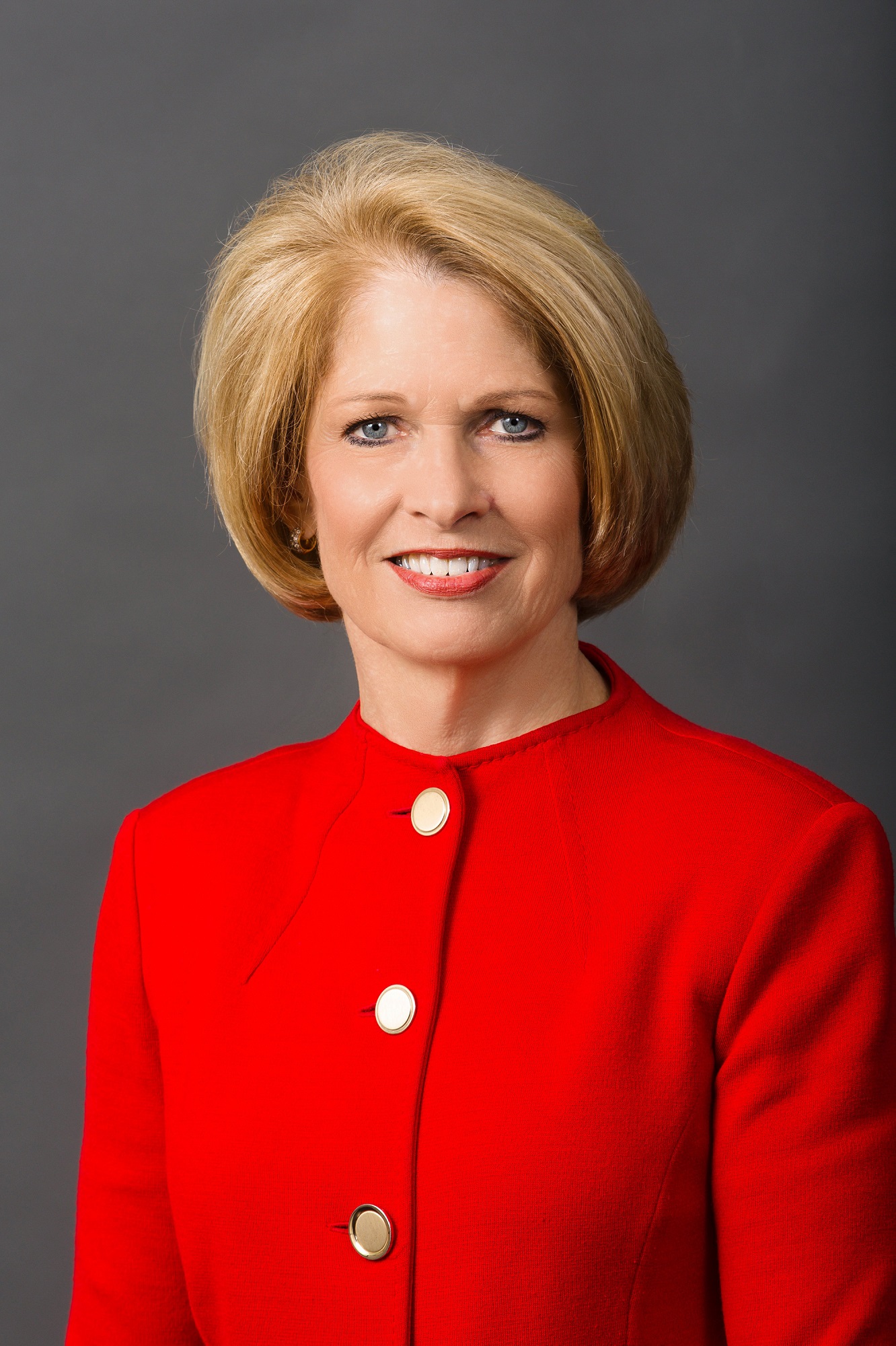When we were little, my siblings and I used to do house calls with [our dad] and I worked in his office as a teenager, interacting with patients, doing paperwork, and caught the healthcare bug.
It's almost as if Marna Borgstrom was meant to go into healthcare.
Her father was a physician, and after growing up around medicine, Ms. Borgstrom and her two siblings all went into healthcare — one as a physician, one as a health benefits planner, and the other, Ms. Borgstrom herself, into executive leadership. She is the president and CEO of Yale New Haven (Conn.) Health System and CEO of Yale-New Haven Hospital.
Even one of Ms. Borgstrom's two sons is going into what she calls the "family business," as he recently moved to South Carolina to work in the healthcare field. Her husband, on the other hand, has nothing to do with healthcare and is "happy about that," she jokes.
In addition to her role at the helm of YNHHS and YNHH, Ms. Borgstrom has also served on the boards of many national and local organizations, such as VHA, the Council of Teaching Hospitals and the Connecticut Hospital Association to name a few. 
Here, Ms. Borgstrom took the time to answer Becker's Hospital Review's seven questions.
What's one thing that really piqued your interest in healthcare?
I think it was growing up in the 1950s and '60s with a father who was a physician. He was the only physician in his specialty in the entire metro area. He was a general ophthalmologist. When we were little, my siblings and I used to do house calls with him and I worked in his office as a teenager, interacting with patients, doing paperwork, and caught the healthcare bug. My siblings and I are all in healthcare in some way. My brother is a doctor, who is married to a doctor, and my sister works on health benefits planning and consulting.
What do you enjoy most about the New Haven area?
I love so many things about New Haven. It is a relatively medium-sized, very diverse city with rural surroundings. I live in a small town, built around a quaint New England green. My kids grew up riding bikes to play basketball at the community center or to the library. But as they grew, they could hop on the train and be in New York City in 90 minutes.
If you could eliminate one of the healthcare industry's problems overnight, which would it be?
This one will not make me popular with policymakers, but I would want to address what feels like non-policy-driven financial regulation at the state and federal government levels. Elected officials should help define key matters of policy such as who we want to care for and what kinds of care they should be entitled to receive. Then financing legislation and regulation would be a means to achieving that policy rather than having providers, by default, try to patch the care systems together to work within the available funding. Right now, when Medicare and Medicaid cuts and changes are made, they're not made with regard to what we want the program to look like and who we want to serve, but seem to be responding to partisan-driven budget cuts rather than clearly articulated healthcare policy.
What do you consider your greatest talent or skill outside of the C-suite?
I don't have that many — I would probably say that I'm a pretty good wife after nearly 37 years of marriage; the proud mother of two incredible men, and a caring daughter for my 92-year-old father. Oh, and a good dog mother to our Swiss Mountain dog, Ripley.
How do you revitalize yourself?
I like to exercise, which I never did in the past. I cook when I have time, and I love to read, but not about healthcare. I recently read "The Boys in the Boat" about the 1936 U.S. Olympic rowing team — a fabulous piece of nonfiction that reads like a novel.
What's one piece of advice you remember most clearly?
"Just say no." My predecessor and mentor told me to stay focused and to not over-commit. People will pull you into doing a lot of different things and they're all fun and interesting, but then you find yourself pulled in too many directions, and you can't do any of it well. Organizations that may want you to participate on boards are still likely to want you later when you will be able to give them more time. Pace yourself and remember what your "day job" is.
What do you consider your greatest achievement at Yale-New Haven Hospital so far?
Survival. [Laughter.]
I actually do think the greatest achievement is the people I've been able to recruit and the team that we've put together. They move the organization forward magnificently well. One of my predecessors told me that one of the hardest things about becoming the CEO is you move from being a player to being a conductor. Rather than playing first violin really well, you decide who they should be and how to get everyone to play together so it sounds good. He is absolutely right, and that's the challenge of leadership: finding the right people, encouraging them and expecting people to work together and then letting them go and do their thing.


